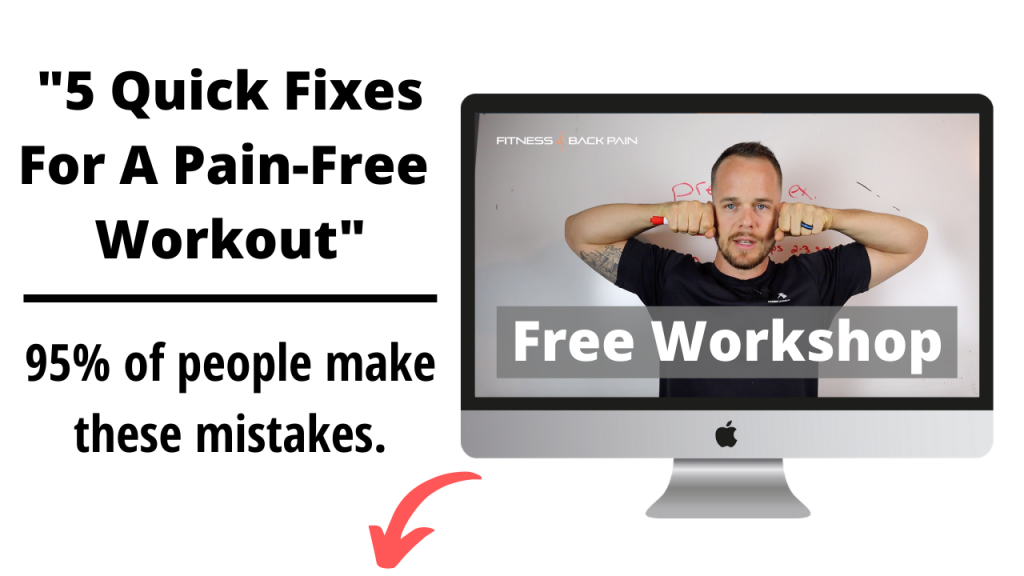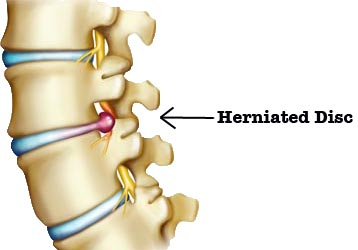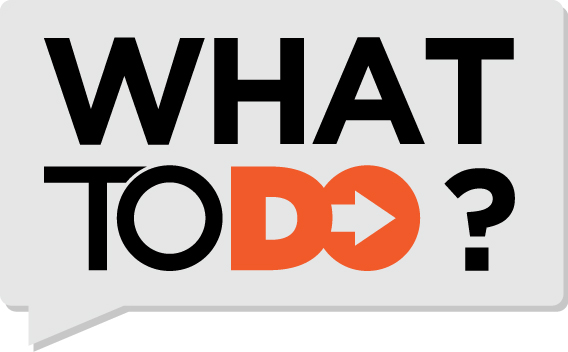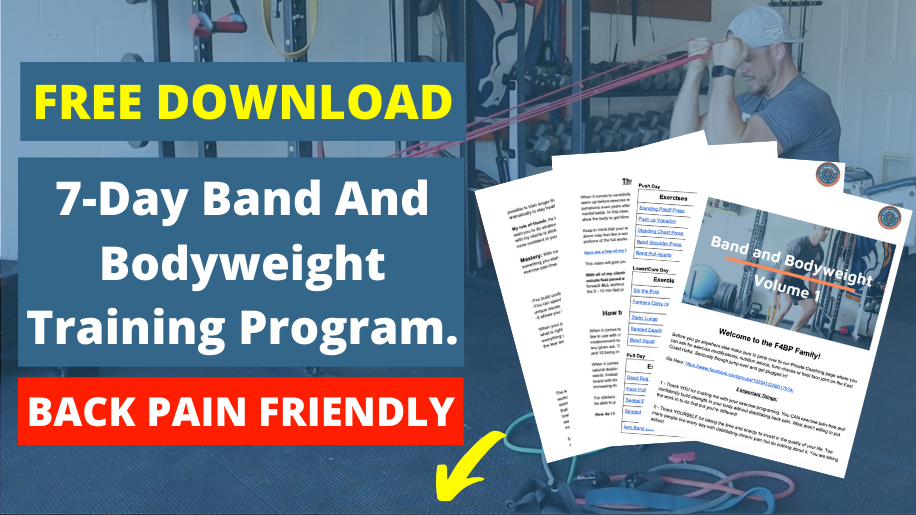Probably one of the most common back abnormality is the disc herniation. Some are small while others leave the patient with debilitating pain. When it comes to figuring out what caused the herniation, it’s really a shot in the dark. All you can do is resort back to your lifestyle and history to get a clear answer. What I wanted to do with this article is give a handful of key players in the herniation game.
There is a lot of talk about age being a big factor in disc herniation’s simply from the annulus (which is the outer portion of the disc) weakening with time. I am not convinced that it is the biggest factor but I do believe that it deserves respect. If it WAS more about age then why don’t we see more older people with herniation’s? Why do so many young kids have herniation’s? If age is the main thing, than why don’t ALL of our discs eventually whittle away to nothing? You have to admit, these questions are pretty legit! If you really think about it though, put yourself in a doctors position. Amongst all the possible causes it could be, wouldn’t it make more sense and be easier to blame it on age? It’s a safe zone because it’s not completely false but its not entirely true either.
The best thing you can do is resort back to what has been tested or proven. A world renowned back specialist, Stuart McGill stated in a study he conducted:
Herniation’s tend to occur in younger spines (Adams and Hutton, 1985) … Older spines do not appear to exhibit classic extrusion of nuclear material but rather are characterized by delamination of the annulus layer and radial cracks…
Of course this doesn’t prove that age isn’t a factor but besides the basic cracking and tearing that happens with age there really isn’t much out there on it. McGill goes on to say;
“Epidemiological data link herniation with sedentary occupations and the sitting posture (Videman, Nurminen, and Troup, 1990). In fact, Wilder and colleagues (1988) documented annular tears in young calf spines from prolonged simulated sitting postures and cyclic compressive loading (i.e., simulated truck driving).”
It’s the destructive factors that are causing discs to herniated. The amount of time we spend on our butts, inactivity and compressive loading is whats causing the damage. As a side note, when it comes to “compressive loading” I believe it’s individuals who have prolonged loads over a lifetime of doing that particular activity along with poor body mechanics. Our spines are designed to handle compressive loads its just how the surrounding structure is reacting to those loads that makes a difference. A 90lb bar squat on someone with a weak foundation is totally different then on someone with a well developed core.
So what do I do if my disc is already herniated?
This is a really good question. So good in fact that I am going to create an entire article around it for you 🙂 Until then I can’t help but point out the obvious.
1) I’m not talking about your mothers advice to always “Sit up straight” or “stop slouching”. Because honestly that mom isn’t impressing me unless she is telling her kinds to stop sitting down all together! Sitting is terrible for your spine whether you can maintain perfect posture or not. I understand that it’s impossible to never sit again but recognize how much you sit during the day. Whether it’s in your car, at home on the couch or whatever. Be mindful of your position.
2) Hopefully by now if your reading this you have started some kind of exercise program. make sure your doing things right. Exercises like sit-ups, bent over rows, squats and exercises alike can really trash your back if your core isn’t prepared for them. If you don’t know whether or not your ready to do them you can either hire a good trainer or read back over a few of my recent articles on Core Endurance.
I do these 3 exercises almost every day: McGill Big 3
3) When it comes to working through back pain never consider “pushing through” the pain to find relief. It’s the opposite. You want to recognize what causes pain but stay within you relm of comfort and build from there.
Those are just a few things I have mentioned before and felt the need to bring them back up. I hope this article brings some clarity as to what is going on and what you can do to start fixing your herniation’s. Remember, you can always shoot me an email with any questions you have!
Thanks for reading
William



